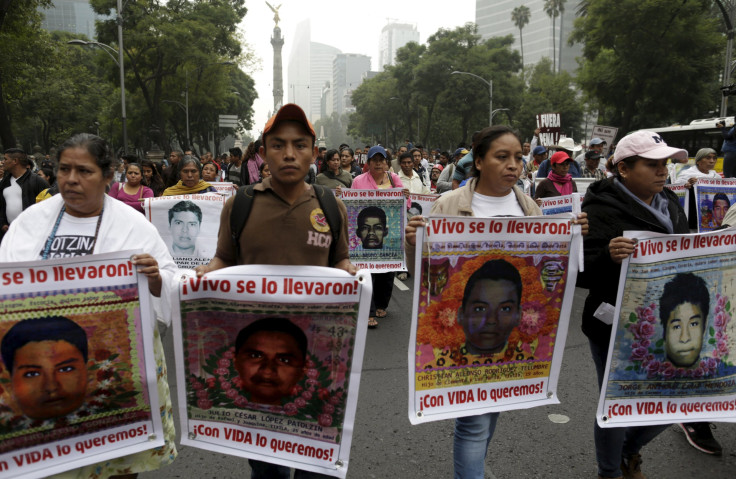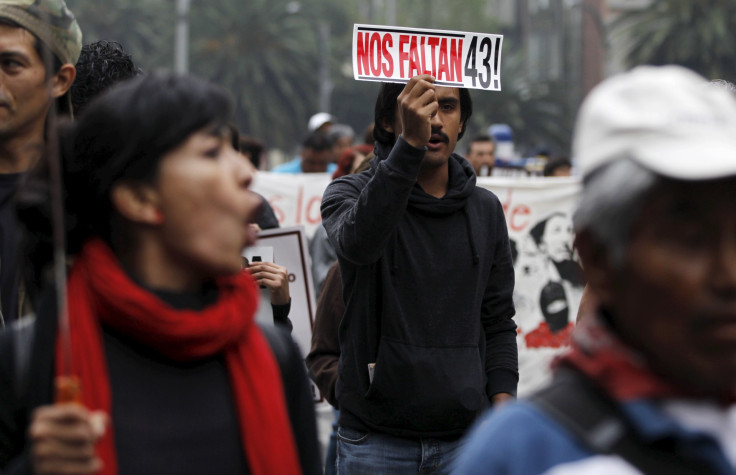US Presses Mexico To Make Progress On Missing Students Case

Mexico must make headway on human rights cases such as an incident involving 43 missing students last year, the U.S. ambassador to the United Nations urged Thursday. Ambassador Samantha Power met for three days with Mexico’s foreign minister, attorney general and citizen’s groups for judicial reform to discuss security cooperation.
"It is extremely important that progress be made on these cases, some of which are iconic cases but many of which are ones that never make the headlines," Power said. “(If) resources are dedicated and accountability is achieved, that sends a really important signal."
Prosecutors have alleged that municipal police in Iguala, Mexico, were responsible for kidnapping 43 college students and handing them over to a drug gang, which killed them and incinerated their remains at a landfill. But an independent group of experts found no proof after six months of investigating that the bodies had been cremated. The incident prompted international outrage and pressure from human rights groups on the Mexican government to launch a new investigation.

Power also said Mexico has been struggling to meet its deadline to implement a new system of oral trials by next year, Reuters reported. The system reforms, which were passed by the legislature in 2008, are intended to replace the country’s current system of closed trials based on written testimony with American-style oral trials. Mexico promised to have the new system implemented by June 2016, but less than one-third of the country’s states have complied so far.
Due to the rights concerns, the U.S. decided earlier this month to withheld $5 million, or 15 percent, of the anti-drug aid to Mexico. Although there are no specific criteria for reinstating the funds, the Mexican government must generally prove it’s serious about cracking down on human rights abuses in order to meet U.S. criteria for receiving foreign aid, she said. The U.S. has provided the country with $2.4 billion since 2008 to enhance its judicial system and aid its fight against drug-trafficking.
© Copyright IBTimes 2025. All rights reserved.





















